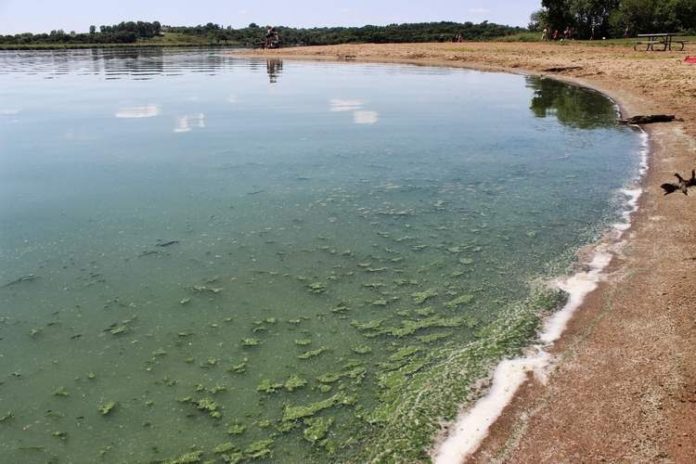
Everyone wants clean lakes and rivers. Whether for swimming, fishing or just taking a drive along a lake, it’s important to us that our waterways are sparkling clean.
Particularly for Iowans with private wells, clean water isn’t just an extra but an important health issue.
In February 2018, Iowa State University published a study reporting that “Iowa agriculture provides tremendous benefits to the state, national and global economy. The intense nature of the state’s agricultural activities is not without cost. Agricultural industry is a large contributor to water quality problems both within the state as well as in downstream rivers, streams and the Gulf of Mexico.”
An April 2019 study, based on Iowa Department of Natural Resources (DNR) data, found that thousands of private wells tested positive for coliform bacteria as well as nitrate, a chemical found in fertilizer and animal manure that is linked to cancer and birth defects.
While we may feel helpless as individuals to correct Iowa’s water pollution problems, we can protect ourselves and our families from sicknesses related to impure water.
Heed all warnings, such as the weekly reports by the Iowa DNR, which monitors 39 state park beaches for the contaminants microcystin and E.coli. These reports are also summarized each week in ThePerryNews.com.
According to the Iowa Environmental Council, 109 Iowa swimming beaches posted unsafe-water notices last year and so far in 2019, some 15 beach advisories have been issued.
For more information on water and health, call the Dallas County Health Department’s Environmental Health program at 515-993-3750.
Ann Cochran is the health navigation coordinator in the Dallas County Public Health Department.

















Here are some interesting facts about Iowa’s water problem and the Hypoxia Zone in the Gulf of Mexico: Iowa is only 3 percent of the land that makes up the Mississippi Watershed. Of all the water that is in the Mississippi River when it reaches the Gulf, only 6 percent of the water has flowed through Iowa. However, Iowa has contributed 45 percent of all the nitrates that end up in the Gulf, causing the dead zone in the Gulf of Mexico.
The nitrates are difficult to remove by municipal water treatment plants and expensive to remove.
New studies from the University of Iowa have shown that nitrates in drinking water cause more types of cancer than previously thought.
Better agricultural practices can reduce farm field runoff and keep nitrates out of Iowa’s streams. The nitrates come from fertilizer and some from hog manure. Iowa’s Voluntary Nutrient Reduction Strategy, meant to solve this problem, is not working. More regulations are needed.